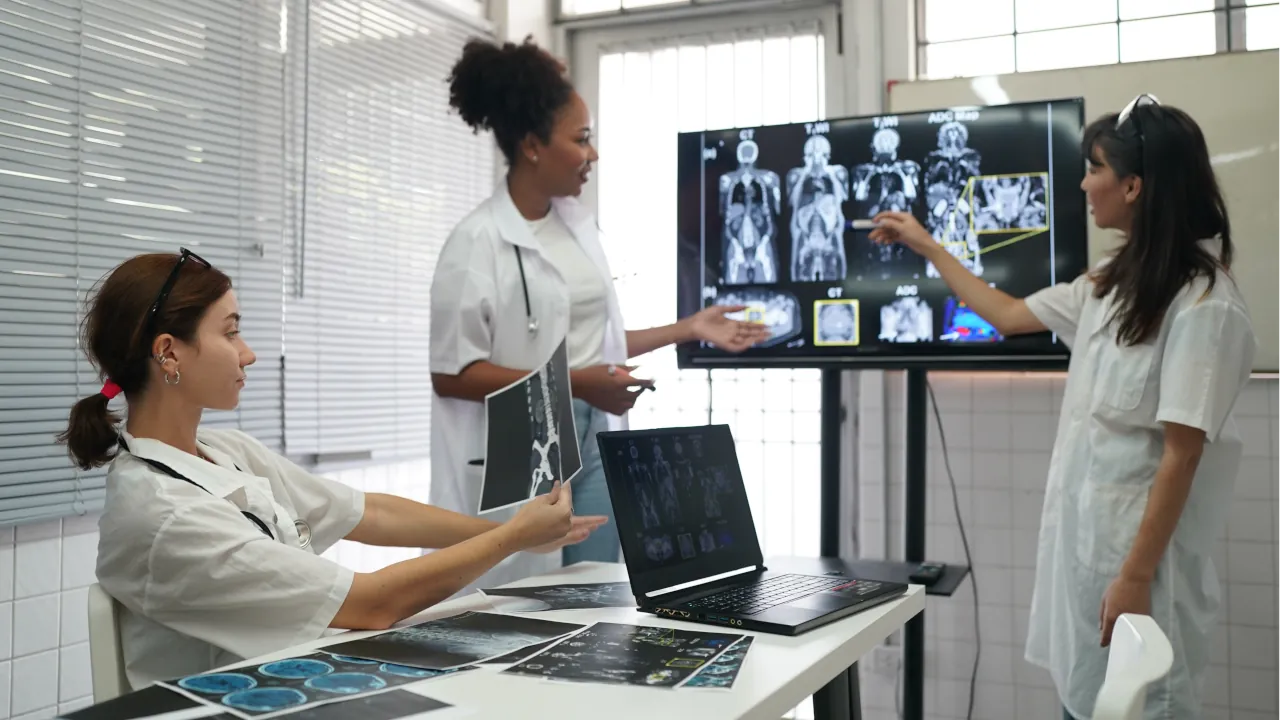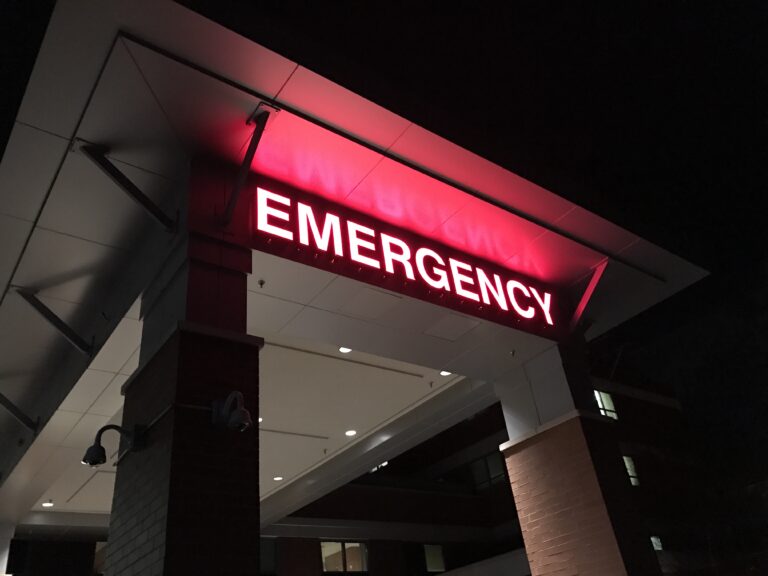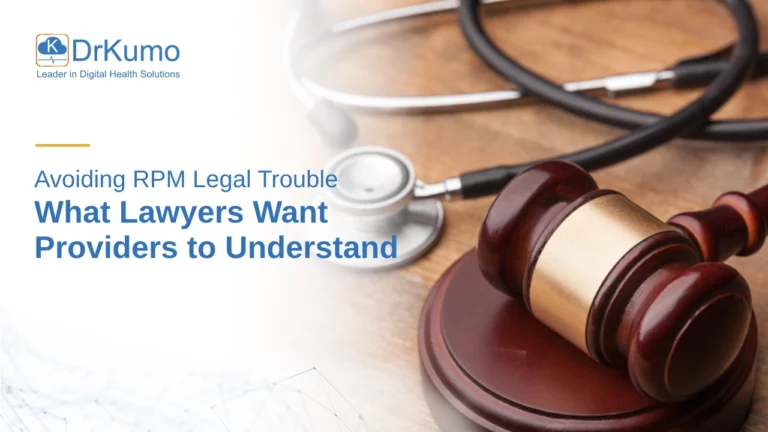Medication adherence is a critical factor in the effectiveness of treatment regimens for chronic diseases and other health conditions. Unfortunately, non-adherence to prescribed medications remains a significant challenge, leading to suboptimal health outcomes and increased healthcare costs. Remote Patient Monitoring (RPM) technologies offer innovative solutions to enhance medication adherence, leveraging real-time data and patient engagement to ensure that medications are taken as prescribed. This article analyzes strategies for using RPM tools to monitor and improve patient adherence to medication regimens, thereby enhancing treatment effectiveness.
The Importance of Medication Adherence
Medication adherence refers to the extent to which patients take their medications as prescribed by their healthcare providers. Proper adherence is essential for achieving the desired therapeutic outcomes, preventing disease progression, and reducing the risk of complications. Non-adherence can lead to:
- Poor health outcomes
- Increased hospitalizations
- Higher healthcare costs
- Greater disease burden
Addressing non-adherence is, therefore, a priority for healthcare providers aiming to improve patient health and optimize resource utilization.
How RPM Technologies Enhance Medication Adherence
RPM technologies utilize digital tools and devices to monitor patients’ health status remotely. Before the end of 2024, 30 million American patients, or 11.2% of the total population, are expected to use RPM technologies, according to Insider Intelligence. This is a 28.2% increase from the 23.4 million patients in 2020. These technologies can significantly improve medication adherence through several key strategies:
- Real-Time Monitoring
- RPM devices can track when patients take their medications, providing real-time data to healthcare providers.
- Alerts and reminders can be sent to patients to prompt them to take their medications on schedule.
- Data Analytics and Feedback
- RPM systems can analyze adherence patterns and identify potential issues early.
- Healthcare providers can receive actionable insights and intervene promptly to address non-adherence.
- Patient Engagement
- RPM platforms often include patient portals or mobile apps that engage patients in their care.
- Educational resources and motivational messages can be delivered to reinforce the importance of adherence.
- Integration with EHR Systems
- RPM data can be integrated with electronic health records (EHRs), providing a comprehensive view of a patient’s health.
- This integration enables better coordination of care and more informed clinical decisions.
Strategies for Implementing RPM Technologies to Improve Adherence
To effectively utilize RPM technologies for enhancing medication adherence, healthcare providers can implement several strategies:
Personalized Reminders
- Use RPM systems to send personalized reminders via text messages, emails, or app notifications.
- Customize the timing and frequency of reminders based on individual patient needs and preferences.
Automated Alerts
- Set up automated alerts for missed doses or irregular adherence patterns.
- Ensure that alerts are sent to both patients and their healthcare providers for timely intervention.
Educational Interventions
- Provide educational content through RPM platforms to inform patients about their medications and the importance of adherence.
- Include videos, articles, and interactive content to enhance understanding and engagement.
Adherence Incentives
- Implement reward systems or incentives for patients who consistently adhere to their medication regimens.
- Use gamification elements within RPM apps to motivate patients and make adherence more engaging.
Challenges and Considerations
While RPM technologies offer significant potential for improving medication adherence, several challenges must be considered:
Technology Adoption
- Patients may face barriers in adopting new technologies, especially older adults or those with limited digital literacy.
- Providing training and support can help mitigate these barriers.
Data Privacy and Security
- Ensuring the privacy and security of patient data is paramount.
- Implement robust security measures to protect sensitive health information.
Cost and Reimbursement
- The cost of RPM devices and services can be a barrier for some patients and providers.
- Advocating for reimbursement policies that cover RPM technologies is essential for widespread adoption.
Boosting Medication Adherence with DrKumo’s Advanced RPM Solutions
DrKumo’s state-of-the-art Remote Patient Monitoring (RPM) technology offers a robust solution to one of healthcare’s persistent challenges: ensuring patients adhere to their medication schedules. DrKumo’s RPM solutions integrate seamlessly into patients’ daily lives, providing them with timely reminders, personalized alerts, and continuous support that are essential for maintaining strict adherence to prescribed medical regimens.
The DrKumo technology leverages real-time data monitoring to offer healthcare providers insightful analytics about patient adherence trends. This allows for early identification of non-adherence issues, enabling timely interventions that can significantly impact treatment effectiveness and patient health outcomes.
Key features of DrKumo’s RPM solutions that enhance medication adherence include:
- Automated Medication Reminders: Patients receive notifications directly to their smartphone or device, reminding them to take their medication at the prescribed times.
- Customizable Alerts: Tailored alerts for both patients and healthcare providers, ensuring any deviations from the prescribed medication plan are quickly addressed.
- Patient Education: Access to educational materials through the platform, helping patients understand the importance of adherence to their health and treatment outcomes.
- Data Integration: Easy integration with existing Electronic Health Records (EHRs), providing a holistic view of the patient’s health and adherence patterns.
By incorporating DrKumo’s RPM solutions, healthcare organizations can enhance patient engagement, reduce the risk of medication non-adherence, and improve overall treatment outcomes, making it a valuable tool in the management of chronic diseases and other health conditions requiring ongoing medication.
Takeaways
RPM technologies present a promising solution for improving medication adherence, thereby enhancing the effectiveness of treatment regimens. By leveraging real-time monitoring, data analytics, patient engagement, and integration with EHR systems, healthcare providers can address the challenges of non-adherence and improve patient outcomes. Implementing personalized reminders, automated alerts, educational interventions, and adherence incentives are effective strategies for utilizing RPM tools to their full potential. Overcoming challenges related to technology adoption, data privacy, and cost will be crucial for the successful implementation and sustainability of RPM technologies in improving medication adherence.
Experience the power of enhanced medication adherence with DrKumo’s RPM solutions. Contact us today to see how our technology can transform patient care and outcomes in your organization. Let’s work together to overcome the challenges of medication non-adherence with advanced, real-time monitoring and support.
Disclaimer: This article is for informational purposes only and does not constitute medical advice. Consult a healthcare professional for personalized recommendations on medication adherence and the use of RPM technologies.








